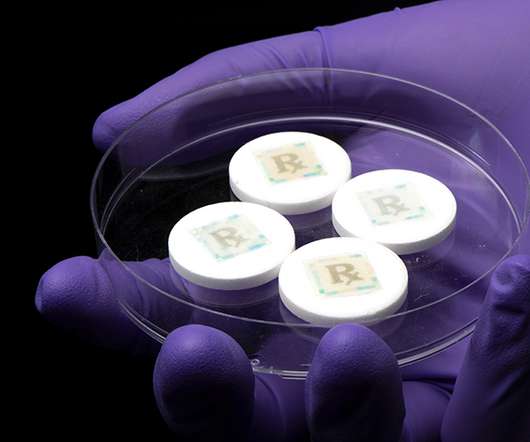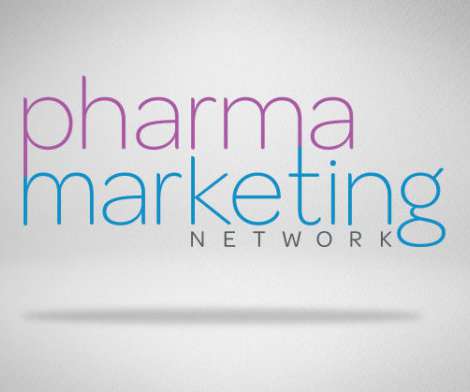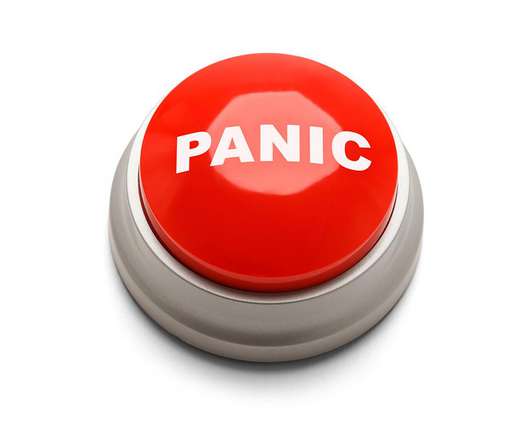RFID: The future of smart labelling?
Pharmaceutical Technology
MARCH 22, 2023
Pfizer was the first to use the tech, adding RFID tags to track a Viagra (sildenafil) shipment circa 2006. In recent times, suppliers have also chosen other systems that rely on blockchain and sensors to track drug supply and reduce the influx of counterfeit drugs. Why the use of RFID has fluctuated over the past decade?

















Let's personalize your content